Bodies of three Kenyans killed in UAE fire to be repatriated following Mike Sonko’s intervention
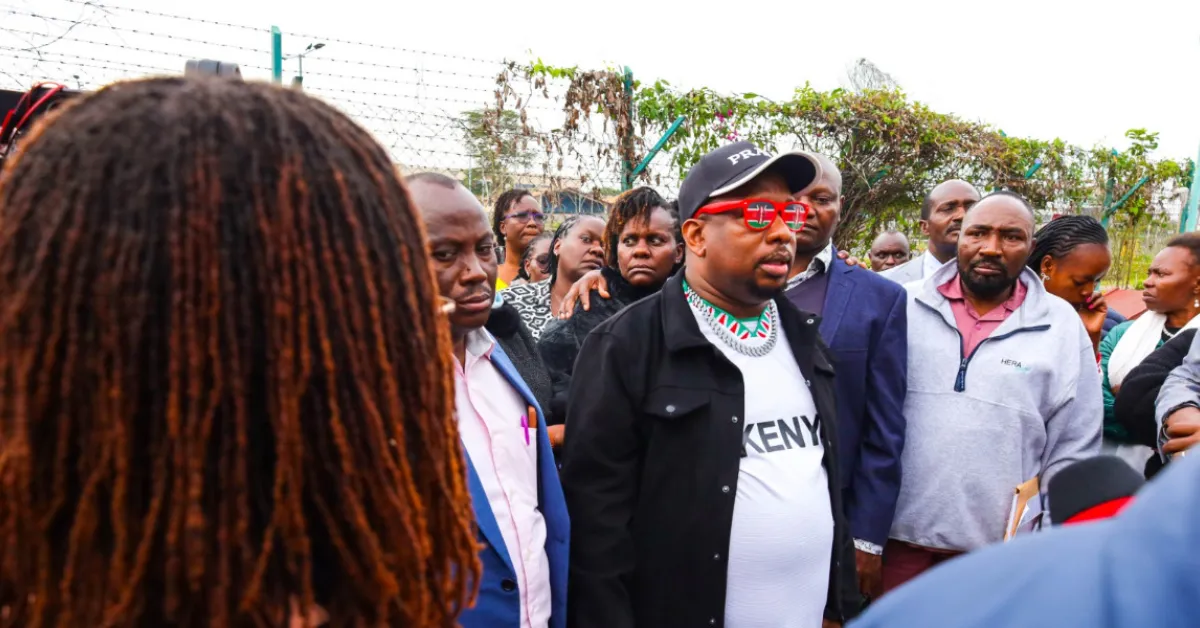
The remains of three Kenyan nationals who perished in a devastating fire in Sharjah, United Arab Emirates (UAE), have been repatriated to Kenya, marking a somber period of mourning for their families and sparking renewed concerns over the safety and welfare of Kenyans working abroad. The bodies arrived at Jomo Kenyatta International Airport (JKIA) in Nairobi over three consecutive days, from May 4 to May 6, following arrangements facilitated by former Nairobi Governor Mike Sonko.
The repatriation process, a logistical undertaking of significant complexity, was initiated following the tragic fire that engulfed a 52-story residential building in Sharjah on April 13. The blaze, which broke out on the 44th floor, claimed the lives of five individuals, including the three Kenyans: Ian Ndung’u Mungai, Kennedy Kamau Wangari, and Benjamin Kioko Ndunda. Initial reports suggest that the victims may have succumbed to their injuries while attempting to escape the rapidly spreading flames.
Sonko, who spearheaded the repatriation efforts, announced the arrivals via social media, detailing the precise schedule of each body's arrival. "Finally, the three bodies of Kenyans who died in a fire tragedy in Sharjah, UAE, will be repatriated from Dubai International Airport to JKIA starting from tomorrow," he stated, underscoring the collaborative effort required to bring the deceased home.
The arrival schedule commenced with Ian Ndung’u Mungai on May 4, followed by Kennedy Kamau Wangari on May 5, and concluded with Benjamin Kioko Ndunda on May 6. Each arrival was scheduled for 11:10 a.m. local time, ensuring that families could receive their loved ones with dignity and respect.
Sonko expressed profound gratitude to several key individuals and institutions whose contributions were instrumental in ensuring the repatriation's success. Among those acknowledged were Principal Secretary for Aviation Terry Mbaika, Kenya Airways CEO Allan Kilavuka, the Kenyan Embassy in the UAE, and the funeral committee in Sharjah, led by a representative named Timothy. “Your tireless efforts made this possible. May the Almighty God rest the deceased souls in eternal peace,” Sonko noted.
The tragic event in Sharjah has brought into sharp focus the vulnerabilities faced by Kenyans working and living abroad, particularly in regions characterized by high expatriate populations where emergency response capabilities may be inadequate. The 52-story residential building, which housed over 1,500 residents, predominantly expatriates, has become a stark symbol of the risks associated with overseas employment.
Following the confirmation of the deaths, Diaspora Affairs Principal Secretary Roselyn Njogu publicly acknowledged the tragedy on April 15, expressing the government’s condolences to the bereaved families. “We regret to inform you that three Kenyans are among the five casualties following an inferno that occurred in Sharjah. Our deepest sympathies go out to their loved ones,” she stated, highlighting the government's awareness of the situation and commitment to providing support.
In the wake of the tragedy, Sonko stepped in to assume responsibility for the repatriation costs, pledging to cover the expenses associated with returning the bodies to Kenya. He revealed that each repatriation cost approximately KSh200,000, a sum he committed to funding entirely. His intervention has been widely lauded as a humanitarian gesture, providing much-needed relief to the grieving families.
On May 5, Sonko personally led a solemn procession at JKIA as the body of Benjamin Kioko Ndunda arrived, underscoring his commitment to supporting the families during their time of grief. Family members and friends gathered at the airport to receive the remains, which were then transported to Montezuma Monalisa Funeral Home following brief prayers.
The tragedy has ignited a wave of grief and introspection within the Kenyan diaspora community. Many Kenyans working abroad, particularly in Gulf countries, have voiced concerns regarding safety measures, job security, and the overall treatment of foreign workers. The Sharjah incident has amplified these concerns, prompting renewed calls for improved welfare policies to protect Kenyan citizens in foreign nations.
Diaspora Affairs Principal Secretary Roselyn Njogu has reaffirmed the government’s commitment to supporting the affected families and addressing the broader issues of expatriate safety. She noted that discussions are underway to review safety policies and ensure that Kenyans working abroad have adequate protection against unforeseen disasters. "Our thoughts remain with the families of the deceased, and we stand with them to provide support in every way possible," Njogu assured.
As repatriation efforts conclude, preparations are now underway for the burial of the deceased. The families have confirmed funeral arrangements, with Kioko scheduled to be laid to rest on May 9. Sonko has remained actively engaged in these arrangements, expressing his sympathies to the bereaved and acknowledging the collective efforts that ensured the safe return of the bodies.
The deaths of these three Kenyan men have brought to light the challenges faced by Kenyans living and working overseas. The tragedy has sparked a broader conversation on how Kenya can better safeguard its citizens abroad, particularly in regions with large diaspora populations. Experts have called on the government to negotiate stronger safety measures with host countries, ensuring that Kenyans are protected from both workplace hazards and residential risks.
Policy analysts suggest that Kenyan authorities should work closely with foreign governments to enforce stricter housing and emergency response regulations, especially in high-rise buildings with large expatriate communities. Additionally, community leaders within the diaspora have proposed establishing dedicated crisis response units to support Kenyans in emergency situations abroad.
The incident has underscored the need for enhanced consular services, with many calling for improved coordination between Kenyan embassies and expatriate communities to ensure swift responses in times of crisis. The families prepare to lay their loved ones to rest, the nation continues to reflect on the devastating loss, hoping that steps will be taken to prevent similar tragedies in the future.
The incident has highlighted the necessity for comprehensive insurance coverage for expatriate workers, ensuring that families receive adequate compensation in the event of death or injury. Furthermore, experts recommend that the Kenyan government establish a dedicated fund to assist families with repatriation costs and other related expenses.
The tragedy in Sharjah serves as a stark reminder of the risks associated with overseas employment and the urgent need for improved protections for Kenyan citizens working abroad. As the nation mourns the loss of these three young men, there is a growing consensus that concrete steps must be taken to prevent similar tragedies in the future.

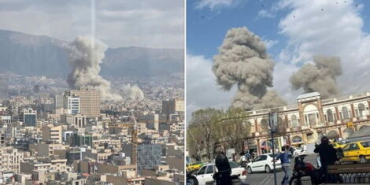
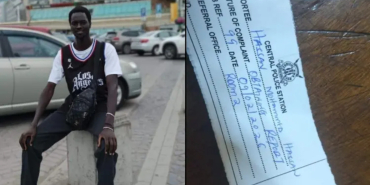
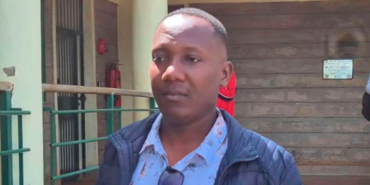
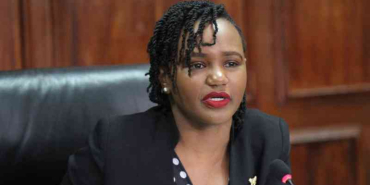
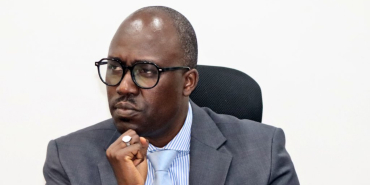
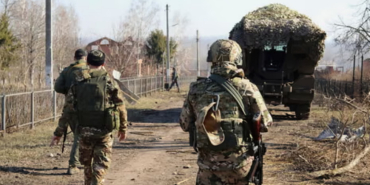
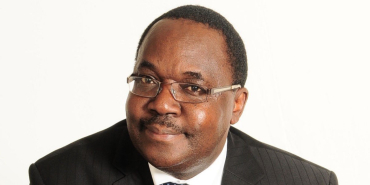
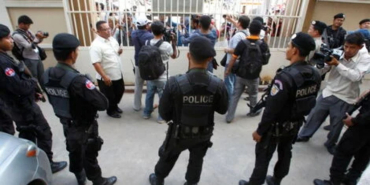

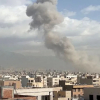
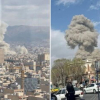


Comments
One thing i have always…
Permalink
One thing i have always admired with Sonko is that "He at least shares with the vulnerable population his ill-gotten riches". He has never kept it to himself like the rest do. He does'nt wait for harambees to show off. He does'nt go to Churches or Mosques to show off, His heart has always had space for the hurting population. Brave Sonko
Add new comment